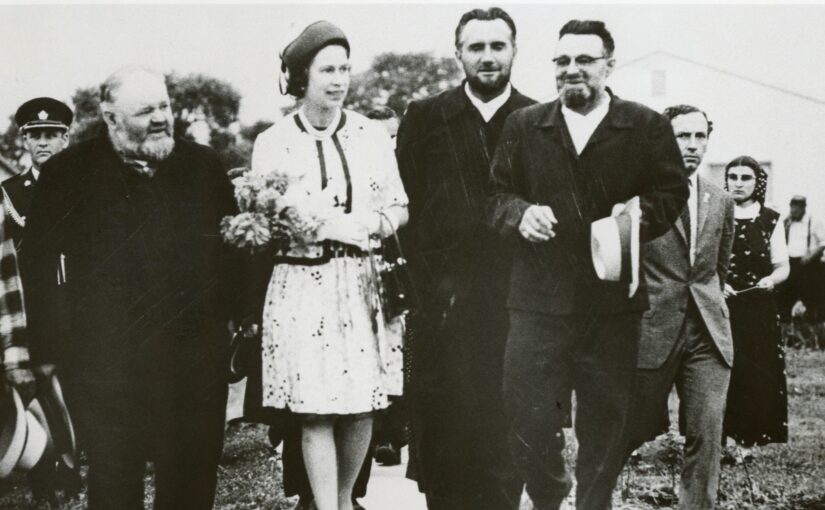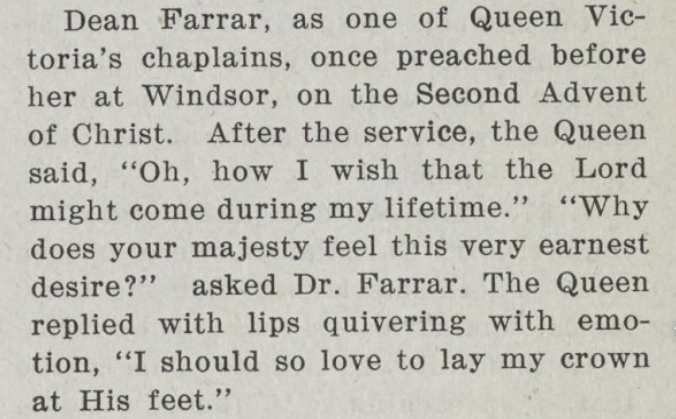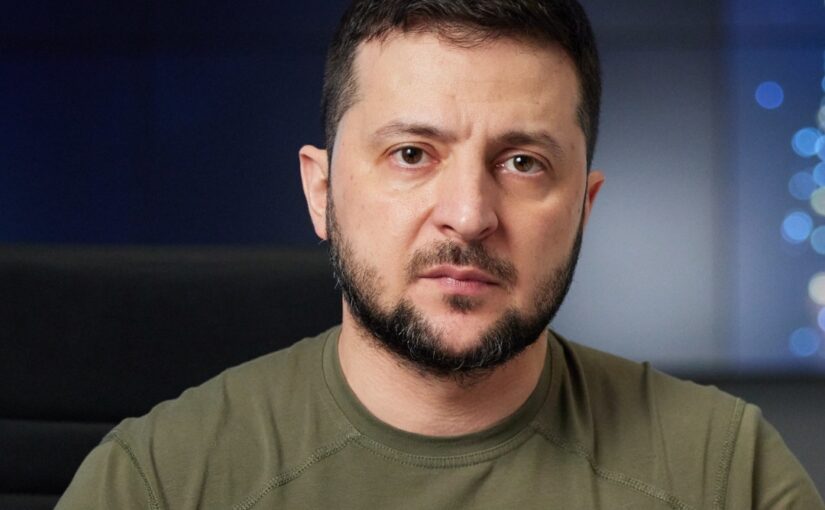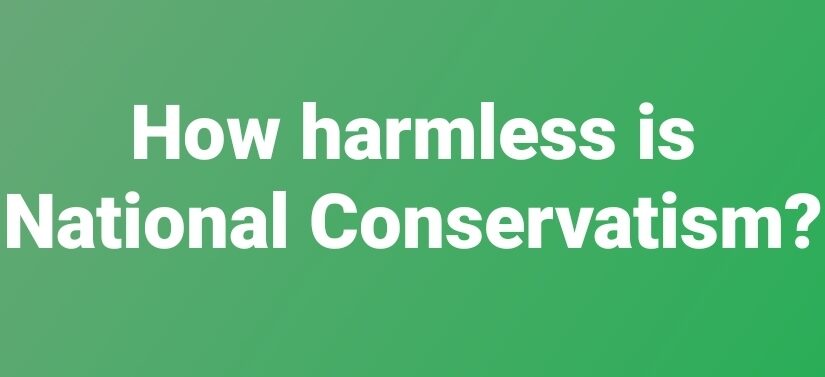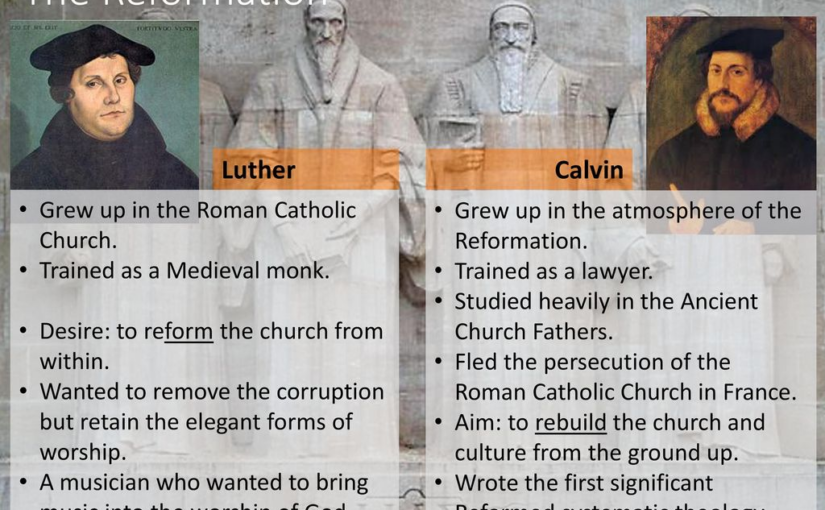A tribute to Queen Elizabeth II on the occasion of her death, by Ian Kleinsasser, Crystal Spring
September 9, 2022
The following narrative offers a0 plausible explanation of how Queen Elizabeth II of England visited a Manitoba Hutterite community as part of her 1970 Manitoba Centennial Celebration tour.
(See below for a brief introduction to Hutterites.)
This story begins in January or February of 1969, approximately one year before Queen Elizabeth II visits Manitoba. On a snowy winter day, a middle-aged Hutterite woman known as Hans-Rebecca from the Rainbow Hutterite community was busy knitting two pairs of red mittens. When people inquired who would receive these mittens, Hans-Rebecca replied: „These are not normal mittens. I am knitting these for Queen Elizabeth II.“
True to her word, when Hans-Rebecca finished the mittens, she packaged them up and, just like that, sent them off across the Atlantic Ocean to Buckingham Palace. A month later, an official-looking envelope landed on Hans-Rebecca‘s table. The letter was from one of the Queen‘s ladies-in-waiting and read:
„Queen Elizabeth normally does not accept personal gifts from people, but this will be an exception.“
The letter further stated that Queen Elizabeth II would like to visit a Hutterite Community in Manitoba when she travelled to Canada in 1970. The lady-in-waiting thanked Hans-Rebecca for the two pairs of mittens and said that the Queen wanted her to know that she would make great use of them for her children.
So, when Queen Elizabeth II visited Manitoba in 1970, one of the places she requested to see was a Hutterite community in Manitoba. Unfortunately, though Hans-Rebecca may have instigated the Queen‘s visit with her thoughtful gift, she never met Queen Elizabeth. Only young people, Diene (girls) and Buem (boys), went to see the Queen in Milltown.
Hans-Rebecca‘s story offers a plausible account of
why Queen Elizabeth II requested a tour of a Hutterite community in Manitoba. The story doesn‘t tell
how the visit came about from a political or organizational perspective, i.e., who pulled the political strings to make it happen? A Winnipeg Free Press article, „
Brush With History“, by
Kevin Rollason, adds some added clarity. According to Rollason, then Manitoba Premier
Edward Schreyer played an essential role in facilitating the visit to the
Milltown Hutterite community. At the time, Mr Schreyer was well acquainted with the Hutterites and played a crucial role in ending the
Gentleman‘s Agreemen in Manitoba, which had placed unfair restrictions on Hutterite communities. In the Free Press article, Schreyer shared his perspective:
„It [the request to tour a Hutterite community] was unorthodox, but I picked up the phone and called the Milltown Hutterite Colony to see if the Queen could visit a Hutterite colony. The next day [the Hutterite leaders] said yes. The bottom line is she enjoyed it greatly, and on at least two occasions, she said she enjoyed it as a very remarkable visit. And two or three days after the visit, when the Queen and Philip were leaving at the airport, a small group from the colony came to see her off.“
Edward Schreyer gives a good description of how the visit came about. At the same time, it captures, in a unique way, the “unorthodox” nature of Queen Elizabeth’s request. Could it be that it was the gift of a pair of red mittens from a year before that now caused Manitoba officials some “unorthodox” angst?”
Schreyer’s account does not shed any light on why the Milltown Hutterite community was chosen as the site for the visit. However, a likely factor was its proximity to the railway tracks and station at
Elie, Manitoba. When the Queen arrived in Milltown, she was met by crowds of curious young Hutterite women, men, children and members of Milltown and neighbouring Hutterite communities. After touring the Milltown
Kleineschul (daycare), church building, and communal dining hall, Queen Elizabeth returned to her vehicle. As the Queen prepared to leave, the young girls from the
James Valley Hutterite community near Elie reportedly sang:
Should We Meet No More by
Daniel O Teasley. Others reported that the congregation sang,
God Be with You Till We Meet Again. When two Hutterite men,
Josh Hofer and his son
Nathanial Hofer, joined the James Valley girls in singing a
German song, Prince Philip stepped up beside them and sang along.
When Queen Elizabeth‘s party finally left the Milltown Hutterite community and returned to the Elie train station, many Hutterites followed behind to watch the royal train leave. Queen Elizabeth II stood as the train pulled away from the Elie station and waved a final farewell to the cheering crowd gathered on the Canadian National Railway platform.
We may never know whether two pairs of homemade red mittens brought Queen Elizabeth to request a visit to a Manitoba Hutterite community in 1970. What is known about the Queen‘s visit is that she came! Since then, many within the Hutterite community in Canada have cherished her visit. Today, along with thousands of people worldwide, we mourn the passing of a remarkable person, Her Majesty Queen Elizabeth II. God Be with You till We Meet Again!
Copyright © 2022 by Ian Kleinsasser. Posted here with his permission.
Photo Credit: Mennonite Heritage Archives.
A note from the blog owner:
The Hutterites are an
Anabaptist group which originated in the South Tyrol in Austria (now part of Italy) in the early 16th century. Due to religious persecution the group migrated several times, first to Moravia (in today’s Czech Republic) and Upper Hungary (today Slovakia), then to Transsylvania (Romania). There the Hutterites encountered Carinthian Crypto-Protestants who had also fled persecution in Habsburg Carintha and to a large extent adopted their German dialect. From there the Hutterites moved to Walachia (southern Romania) and finally to Ukraine (then part of the Russian Empire). Due to the threat of military conscription most Hutterites migrated to the US between 1874 and 1879. Between the two World Wars the Hutterites left the US due to discrimination because of their pacifist beliefs, and moved to Canada where most of the Hutterites live today.
The Hutterites practice community of goods, living together in settlements called colonies. There are three main groups, the Schmiedeleut, the Dariusleut and the Lehrerleut (named after leaders), with several smaller related groups.
__________


